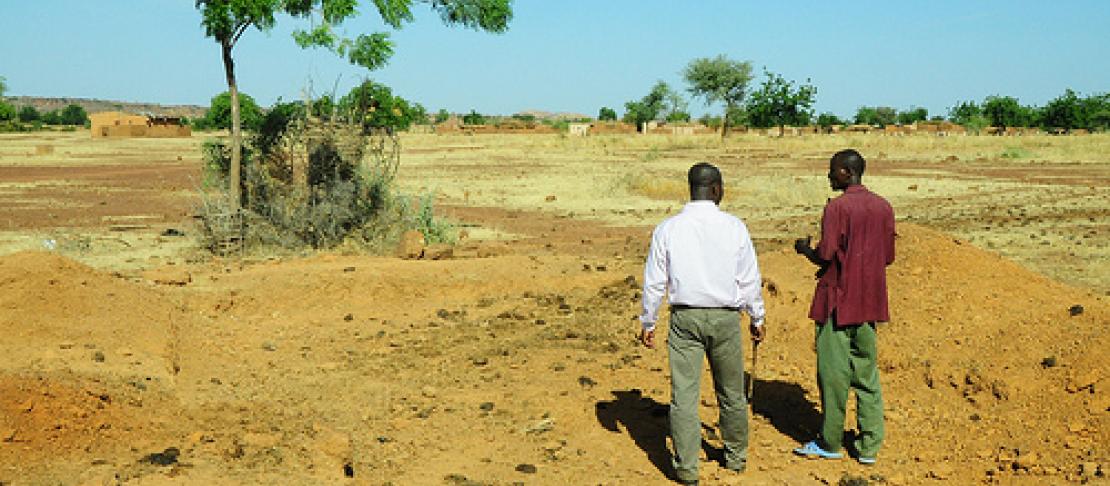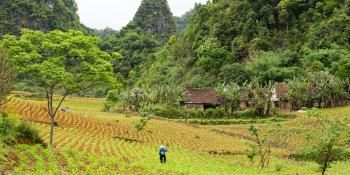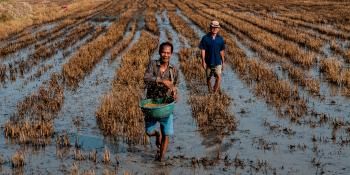New tool generates future weather data for crop and climate planning

In order to make the necessary decisions and investments for climate adaptation in agriculture, we need information about future weather conditions.
The CGIAR Program on Climate Change, Agriculture and Food Security has been improving on the MarkSimGCM stochastic weather generator tool, released last year. MarkSim GCM lets the user generate plausible weather data for future climates, using six climate models (or the ensemble average) and three greenhouse gas emission scenarios that were part of the IPCC’s Fourth Assessment Report.
The tool is embedded in Google Earth and can also be used to generate daily data that are characteristic of current conditions, based on the WorldClim dataset, an interpolated surface of weather station data from around the world mostly covering the years 1960-1990.
The new tool, called Marksim_Standalone, is a development of the new MarkSimGCM web application. It is designed for computer users who need to process a lot of data without the need for a user interface. The tool can generate multiple realisations of years of daily data: rainfall, maximum and minimum temperatures and solar radiation. It produces weather files that are fully compatible with the DSSAT (Decision Support System for Agrotechnology Transfer) crop modelling system. It runs off DSSAT system climate files (called CLI files) that describe the climate for any location or grid cell.
The tool takes a series of CLI files (from observed or gridded data – the minimum data that are needed are rainfall amount, and minimum and maximum daily air temperature for the 12 months) and creates new CLI files that describe the future climate of the site or grid cell and up to 99 output files of daily simulated weather data.
The tool can be run from the Windows “run” prompt or via a system program call issued from a batch file or by another program.
MarkSimGCM and MarkSim_StandAlone were developed by Waen Associates with CCAFS support, in cooperation with CIAT, ILRI, IFPRI, Potsdam Institute for Climate Impact Research, HarvestChoice, and the University of Oxford.
Links:
Access MarkSimGCM
Download MarkSim_Standalone, along with documentation and data files.
More Tools, Maps Models and Data on Climate Change Agriculture and Food Security
Philip Thornton leads the CCAFS research theme on Data and Tools for Analysis and Planning, based at the International Livestock Research Institute (ILRI) .



